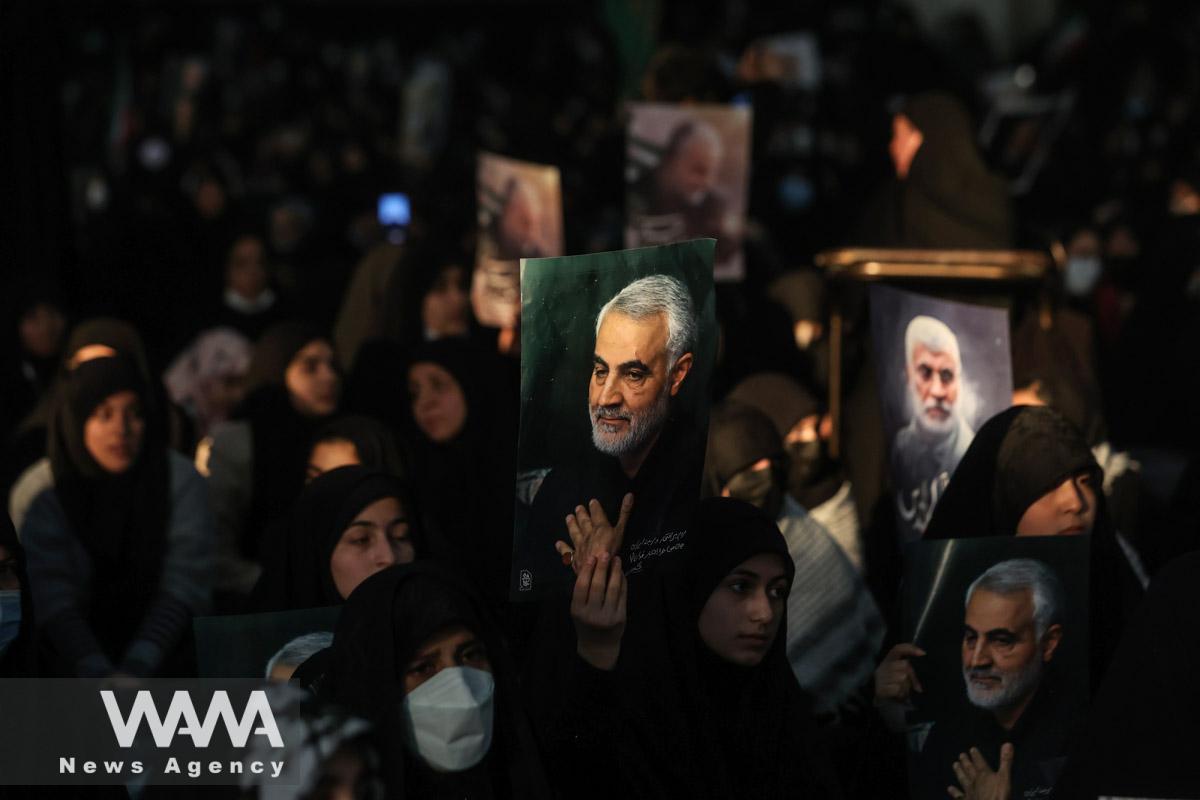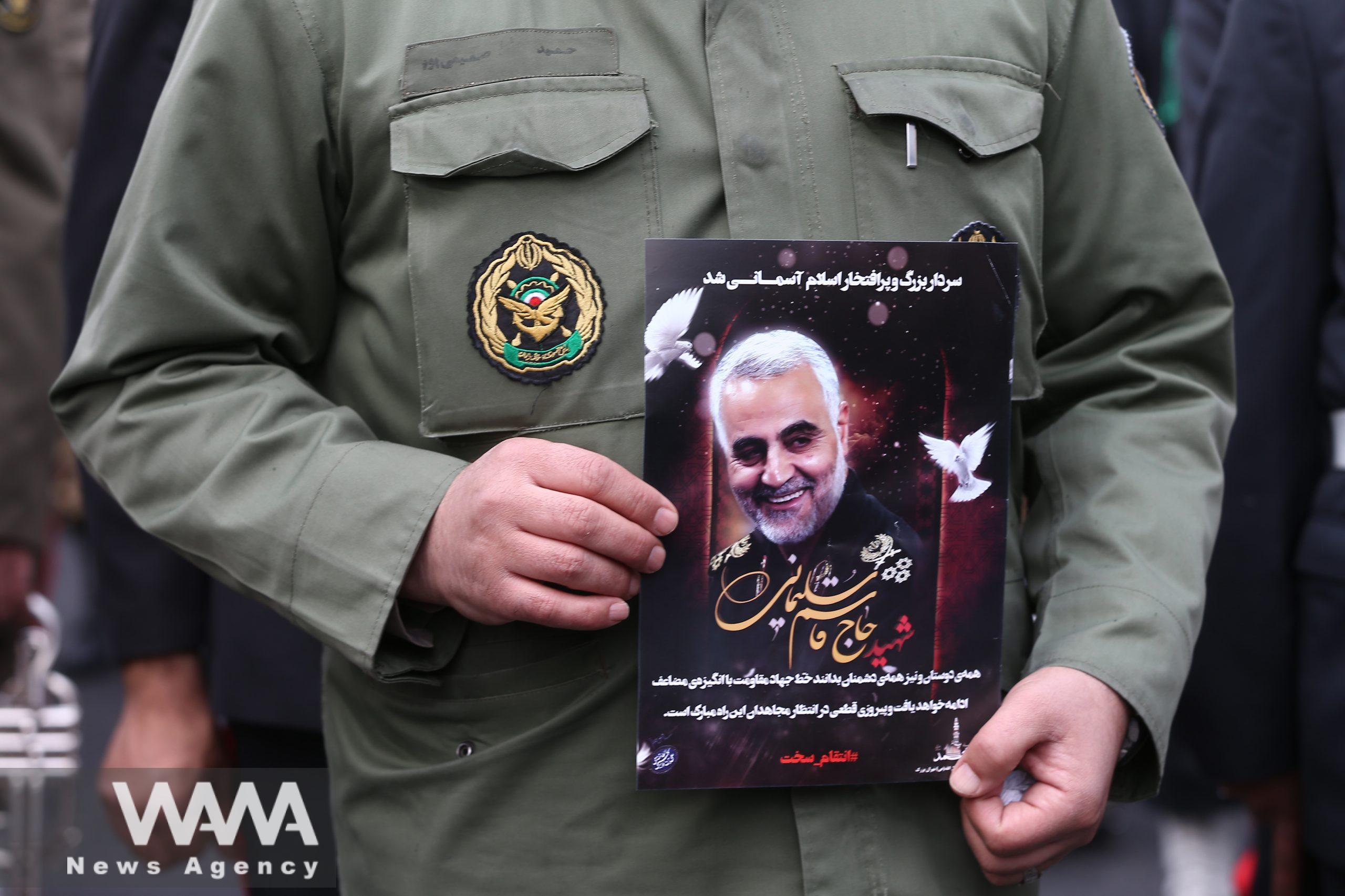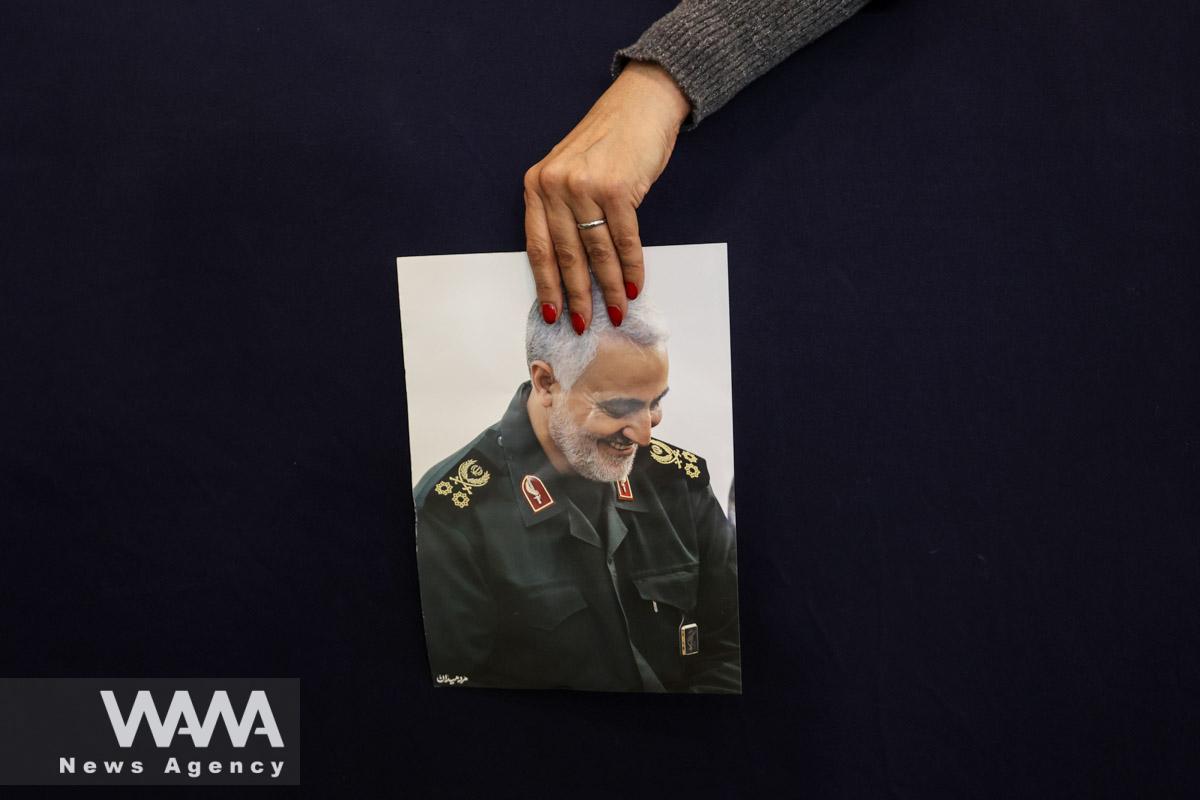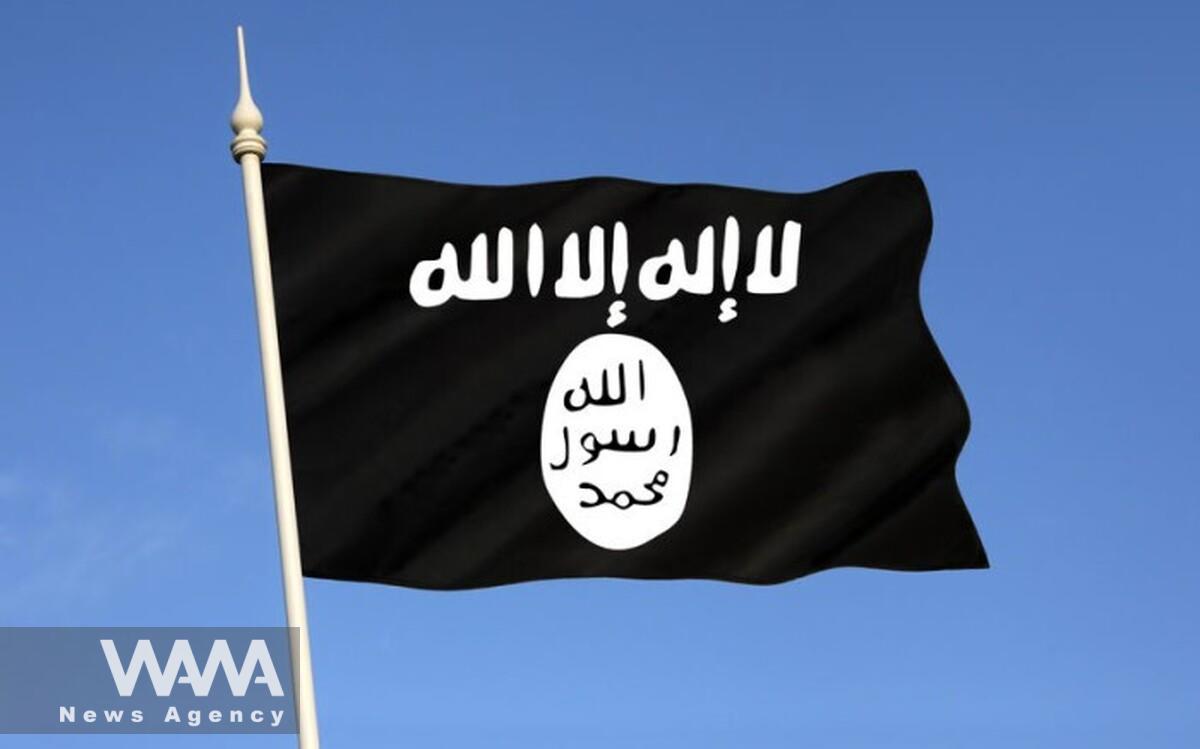Soleimani’s Legacy: Defeating ISIS and Shaping the Middle East
WANA (Jan 02) – This dossier narrates the life, thoughts, and actions of General Qasem Soleimani, an Iranian commander who played an unparalleled role in security, stability, and the fight against terrorism. Beyond being a military commander, he is recognized as a symbol of resistance, steadfastness, and the unity of regional nations.
Focusing on General Soleimani’s impact on the security of Iran and the world, the unity among nations, and countering Western plans in the region, this dossier aims to reveal various aspects of his character. From defeating U.S. and Israeli plans to establishing a new paradigm for the independence and self-reliance of regional nations.

Iranian Women hold pictures of Qassem Soleimani, during a ceremony to mark the third anniversary of the killing of senior Iranian military commander General Qassem Soleimani in a U.S. attack, in Tehran, Iran January 3, 2023. Majid Asgaripour/WANA (West Asia News Agency)
The goal of this report is to present a clear and documented picture of a man who made history with his military intelligence, steadfast will, and unparalleled faith. In this collection, the audience will not only be acquainted with historical events but also with the intellectual and cultural foundations of General Soleimani to understand the secret of his enduring legacy.
Part One: From the Rise of ISIS to the Struggle for Survival
Who Created ISIS?
In 2014, when news of the fall of Mosul in Iraq broke, the world was suddenly confronted with a major question: where did ISIS come from? A group few had heard of had suddenly taken control of territories larger than some European countries.
Some attributed its emergence directly to the policies of the United States and its allies, suggesting that the Iraq war and the fall of Saddam Hussein had created a vacuum of governance. Others pointed fingers at regional Arab countries, including Saudi Arabia.
Iran Steps In
In less than a few months, Baghdad was on the brink of falling, and both Syria and Iraq were set to become ISIS’s playground. Despite pleas for help from Iraqi authorities and the Kurdistan region, many Western countries, including the U.S., turned their backs. This further revealed that foreign powers—particularly the U.S.—had strategic plans for redrawing the region’s geopolitical map, initially through the invasion of Iraq and Afghanistan and later using ISIS as a tool for their agenda.
It was at this moment that Iran, led by Qasem Soleimani, the commander of the Quds Force of the Islamic Revolutionary Guard Corps (IRGC), provided a decisive and swift response. As an Iraqi official noted, “If it weren’t for Iran, Baghdad would have fallen.”
The Significance of West Asia
Due to its geopolitical, geostrategic, and even geocultural importance, West Asia has always been a battleground for great powers. In recent decades, the presence of extra-regional actors and continuous attempts to dominate this area have challenged its peace and security.

Legal Pursuit of General Soleimani Assassination Case
WANA (Jan 01) – In the early hours of January 3, 2020, General Qasem Soleimani was assassinated in a terrorist attack at Baghdad Airport, ordered by then-U.S. President Donald Trump. After the assassination of General Qasem Soleimani and Abu Mahdi al-Muhandis in this U.S.-led operation, which was explicitly acknowledged by the U.S. administration, the […]
Entering the new millennium, these challenges intensified. Instead of experiencing economic growth like Southeast Asia (ASEAN), the region faced hostile conspiracies and designs aimed at undermining its powerful nations. Resistance movements were born in response to such plots. Movements like the Arab Spring, despite being defeated or diverted, raised awareness among their opponents, prompting new strategies for regional dominance.
As part of these new strategies, extremist and terrorist groups were introduced as instruments of chaos. Among these, the most significant counterforce was Iran, whose senior officials and strategic planners, particularly Qasem Soleimani, played a pivotal role.
Soleimani’s unique approach avoided reliance on large armies and conventional operations. Instead, he adopted a strategy of uniting local populations. He effectively organized local forces, such as Iraq’s Popular Mobilization Forces (PMF) and resistance groups in Syria. According to military experts, this combination of local forces and Soleimani’s strategic leadership played a decisive role in defeating ISIS.
Teen Pilgrims Commemorate at #General_Soleimani’s Burial Site on His Assassination Anniversary.#Iran pic.twitter.com/kz3s5tolDm
— WANA News Agency (@WANAIran) January 1, 2025














